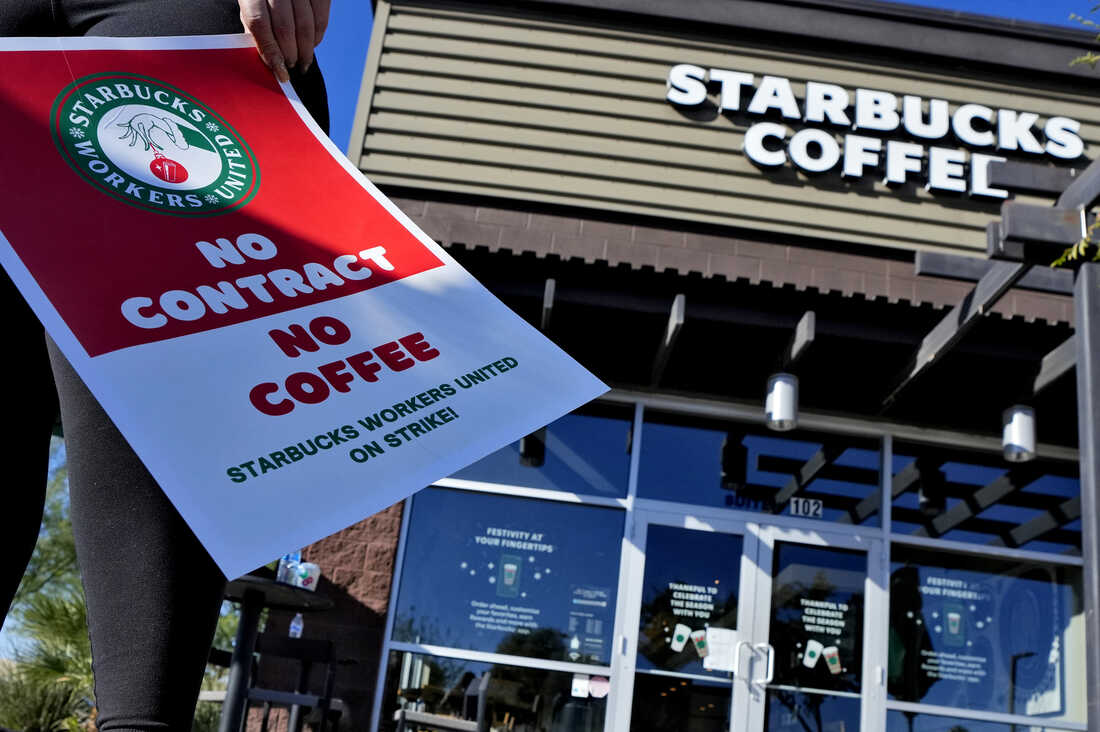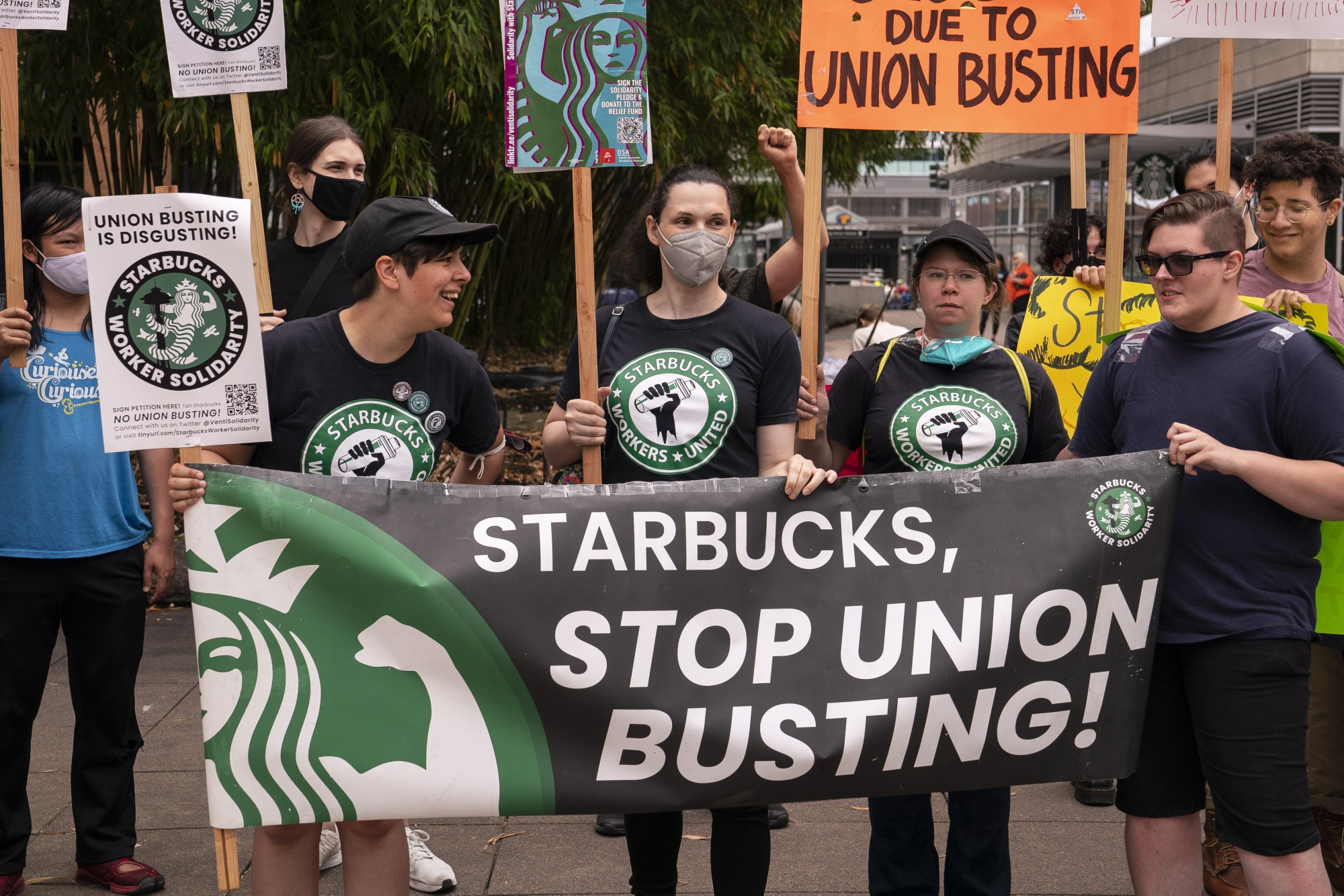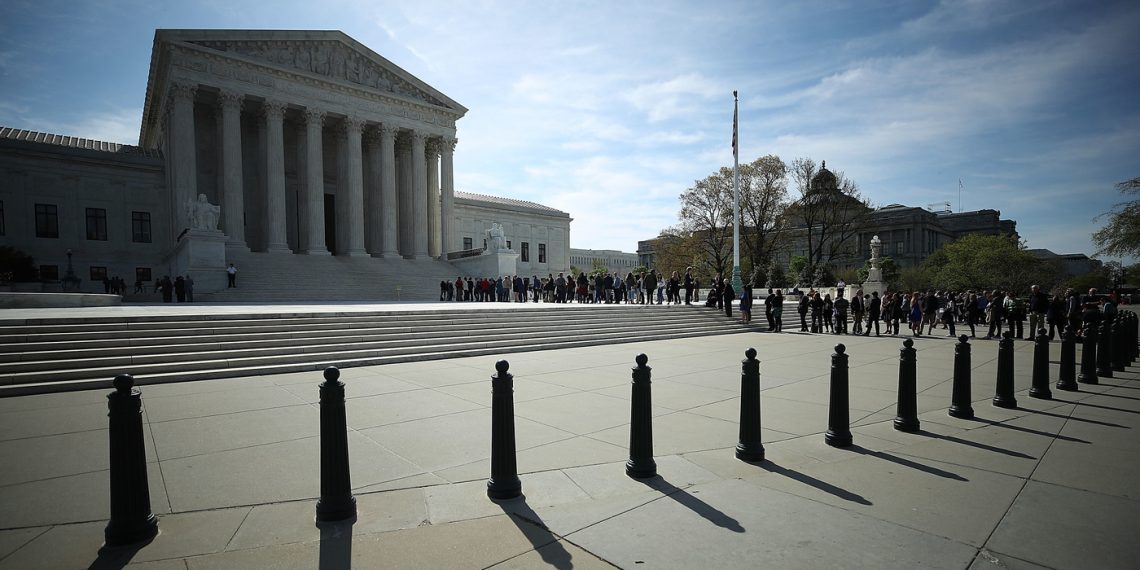The U.S. Supreme Court heard arguments on Tuesday regarding Starbucks’ challenge to a judicial order mandating the rehiring of seven employees at a Memphis cafe who was terminated during a unionization effort.
The order stemmed from a request by the National Labor Relations Board (NLRB) seeking an injunction to reinstate the workers.
At issue is the legal standard applied by federal courts when granting preliminary injunctions in cases under the National Labor Relations Act.

Starbucks contends that a more stringent test should have been used, similar to those applied in non-labor disputes.
During the proceedings, some justices expressed skepticism about the current standard, suggesting that courts, rather than the NLRB, should play a primary role in determining the likelihood of success in labor dispute cases before issuing injunctions.
The justices questioned whether the NLRB’s authority in this regard should be subject to the same rigorous standards as other federal agencies.
The case has broader implications for labor dispute resolution, potentially making it more challenging to swiftly halt alleged unfair labor practices while the NLRB investigates complaints.
Starbucks argues that if the lower courts had applied stricter criteria, the outcome of the case could have been different.

The dispute highlights the tension between employers and workers’ rights in unionization efforts. Starbucks has faced accusations of unlawful labor practices, including firing union supporters and spying on workers.
However, the company maintains that it respects workers’ rights to choose whether to unionize.
The Supreme Court’s ruling, expected by the end of June, could set a precedent for future labor disputes and the role of federal courts in adjudicating them.





